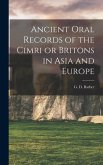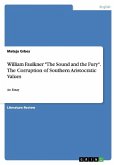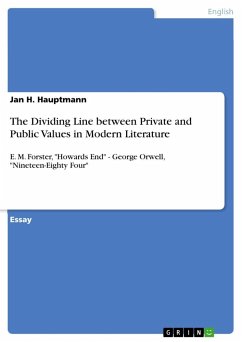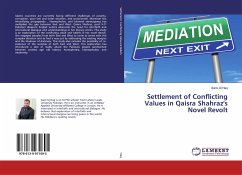Why were books considered valuable in the Middle Ages? This study focuses on medieval testaments and donation records from England before 1450 to investigate this question. The primary sources and datable records from before and after the Norman Conquest show that contemporary attitudes can be examined surprisingly closely. Semantic fields as indicators of value help us to discover the material and immaterial values associated with books in the manuscript period, and to trace changes and developments in book ownership and book production. This systematic and statistical analysis of the records shows the varied and multi-facetted nature of medieval books as gifts as seen by givers and recipients.
Bitte wählen Sie Ihr Anliegen aus.
Rechnungen
Retourenschein anfordern
Bestellstatus
Storno








